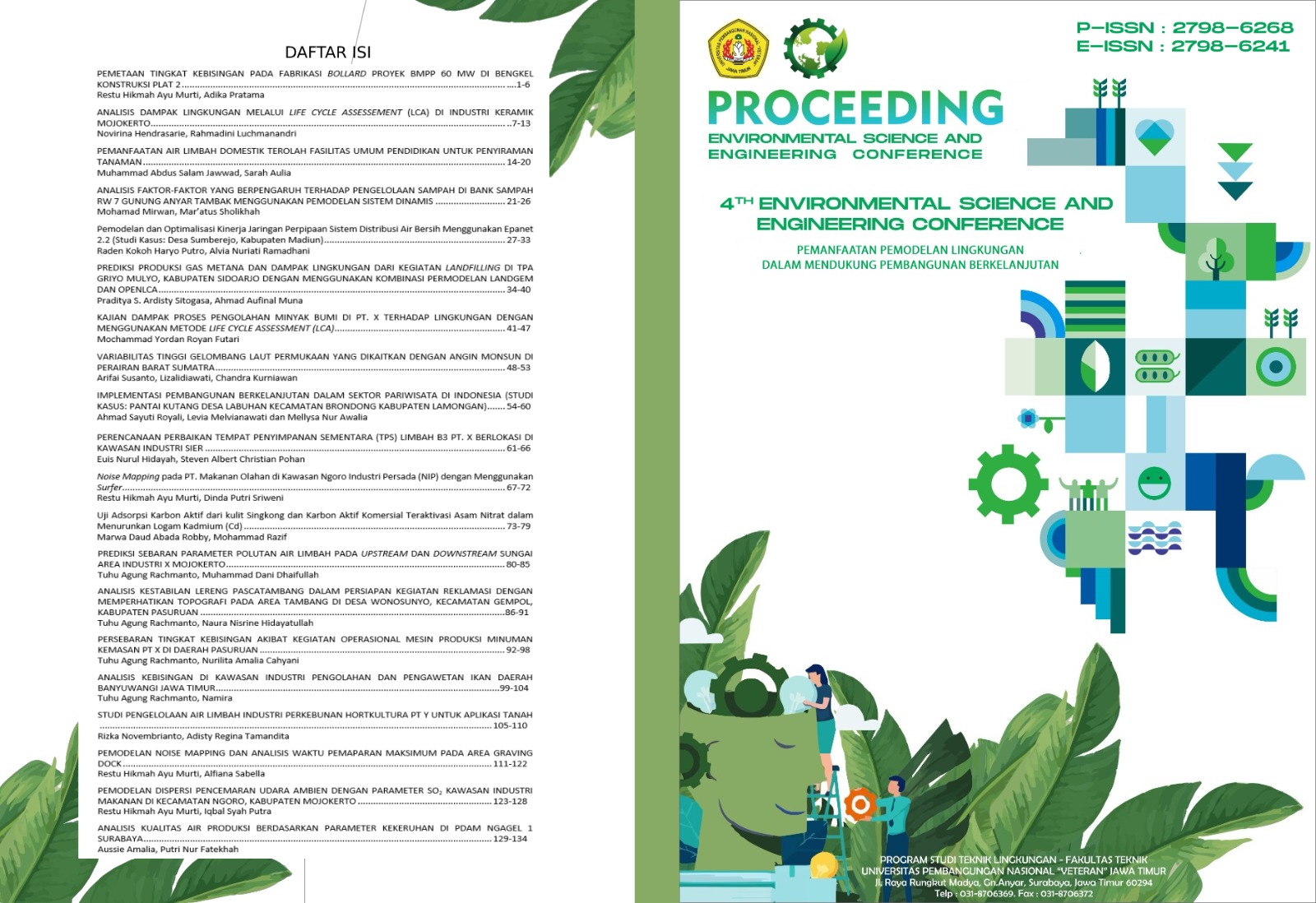Exploration and Seed Collection of Environmental Remediation Plant in Wetland - Riparian Areas at Downstream of Brantas River Basin
Eksplorasi Dan Pengkoleksian Biji Tumbuhan Pemulih Lingkungan Pada Area Lahan Basah – Sempadan Sungai Di Hilir DAS Brantas
Keywords:
Seed Conservation, Eksploration, Brantas River, Downstream, Watershed, Remediation, Riparian, WetlandAbstract
One of the important watershed for the people of East Java is the Brantas River Basin. The watershed usually have high biodiversity forest or plants especially depends on wetland, riparian and aquatic areas. Unfortunately its sustainability and biodiversity is threatened by area degradation and increasing river pollution thus the inventory and documentation of its plant diversity is important. One of the conservation efforts conducted by Purwodadi Botanic Garden BRIN was the exploration and collection of seeds of plant species that potensial fo phytoremediation in along downstream of the Brantas River Basin, East Java. This study from November 2020 until Februrary 2021 explore wetland-riparian areas and collected of fruits or seeds in fieldwork. Seed conservation and characterization each species conducted in the laboratory/greenhouse. Out of 15 species obtained, most of them have orthodox seeds such as Acacia farnesiana, Acanthus ilicifolius, Coix lacryma-jobi, Crotalaria juncea, Cyathula prostrata, Dolichandrone spathacea, Ipomoea carnea, Lannea coromandelica, Neptunia plena, Ruellia tuberosa, Senna hirsuta, Senna sp., Sonneratia caseolaris and Thespesia populnea, and only one of them, Sesuvium portulacastrum, has recalcitrant seed. 80% of plants species that found in riparian and wetland that have fruit/seed so can be collected as seed conservation effort have the potential as phytoremediation for heavy metal and organic pollutants.
Downloads
Published
Issue
Section
License
Copyright (c) 2023 Rony Irawanto, Kate Hardwick, Dian Latifah , Melisnawati H. Angio , Elga Renjana, Elok Rifqi Firdiana , Linda Wige Ningrum

This work is licensed under a Creative Commons Attribution 4.0 International License.













 ISSN 2798-6241
ISSN 2798-6241 





